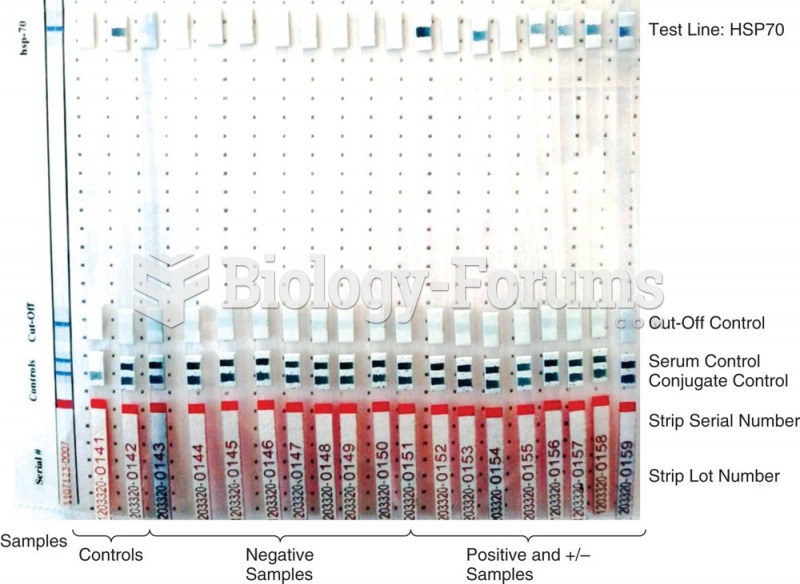This topic contains a solution. Click here to go to the answer
|
|
|
Did you know?
Pope Sylvester II tried to introduce Arabic numbers into Europe between the years 999 and 1003, but their use did not catch on for a few more centuries, and Roman numerals continued to be the primary number system.
Did you know?
Human stomach acid is strong enough to dissolve small pieces of metal such as razor blades or staples.
Did you know?
It is widely believed that giving a daily oral dose of aspirin to heart attack patients improves their chances of survival because the aspirin blocks the formation of new blood clots.
Did you know?
There are approximately 3 million unintended pregnancies in the United States each year.
Did you know?
The horizontal fraction bar was introduced by the Arabs.
 When using forearm pressure on the top of the shoulder, push with your back foot to increase your ...
When using forearm pressure on the top of the shoulder, push with your back foot to increase your ...
 In the box on upward social mobility on page 82, we discussed how Latinos face a similar situation. ...
In the box on upward social mobility on page 82, we discussed how Latinos face a similar situation. ...





